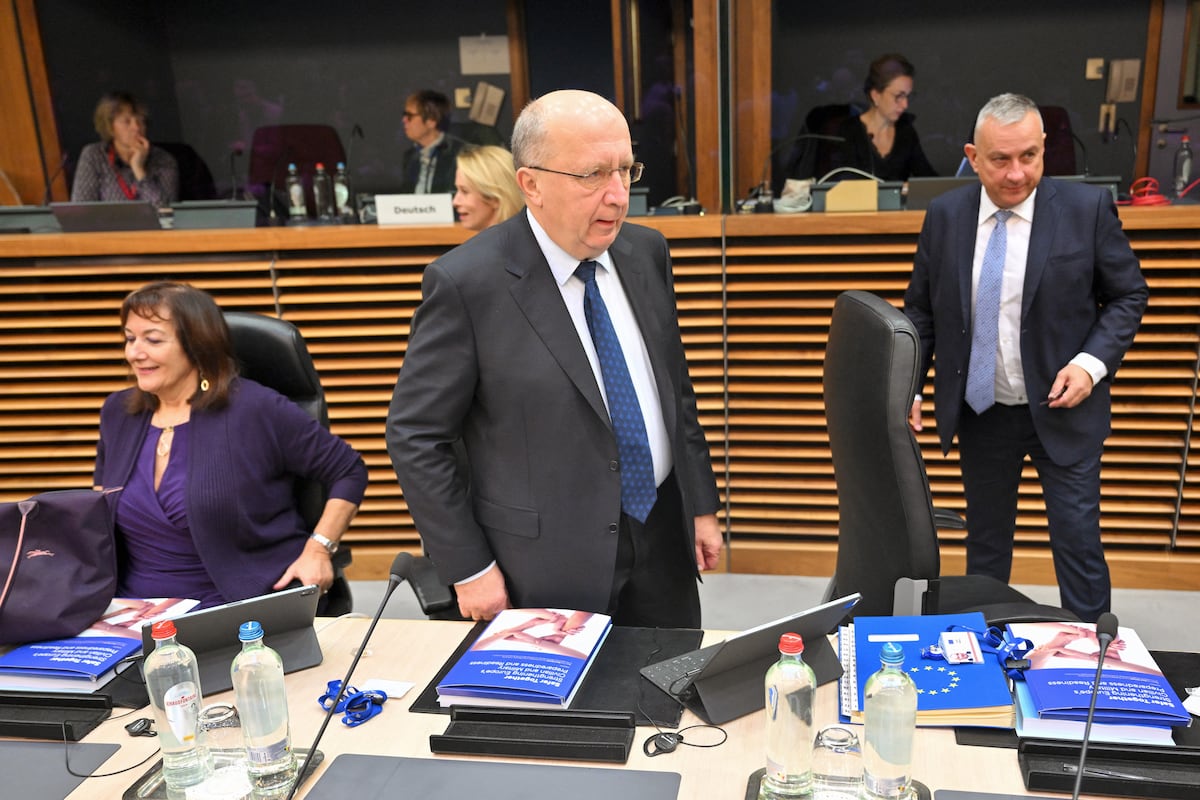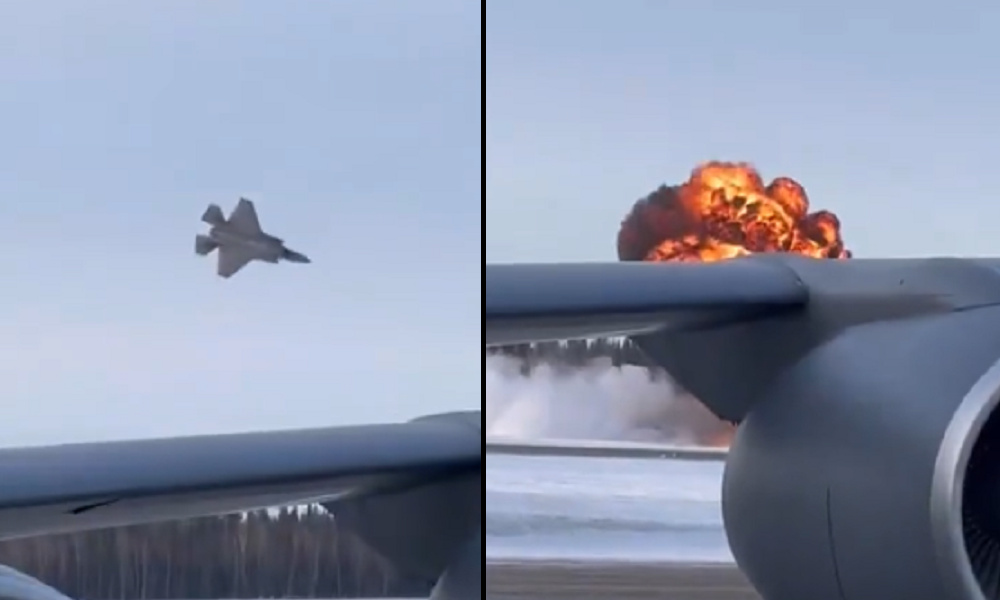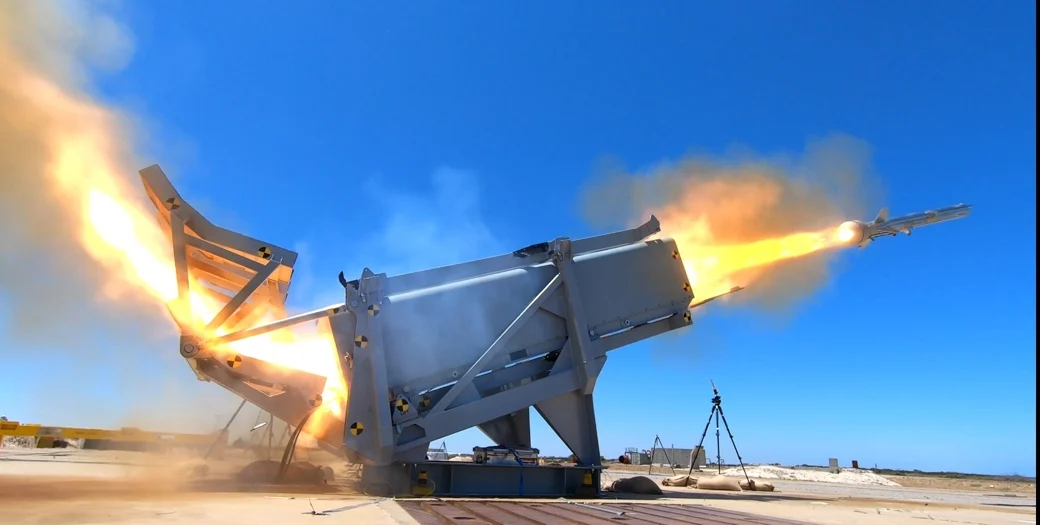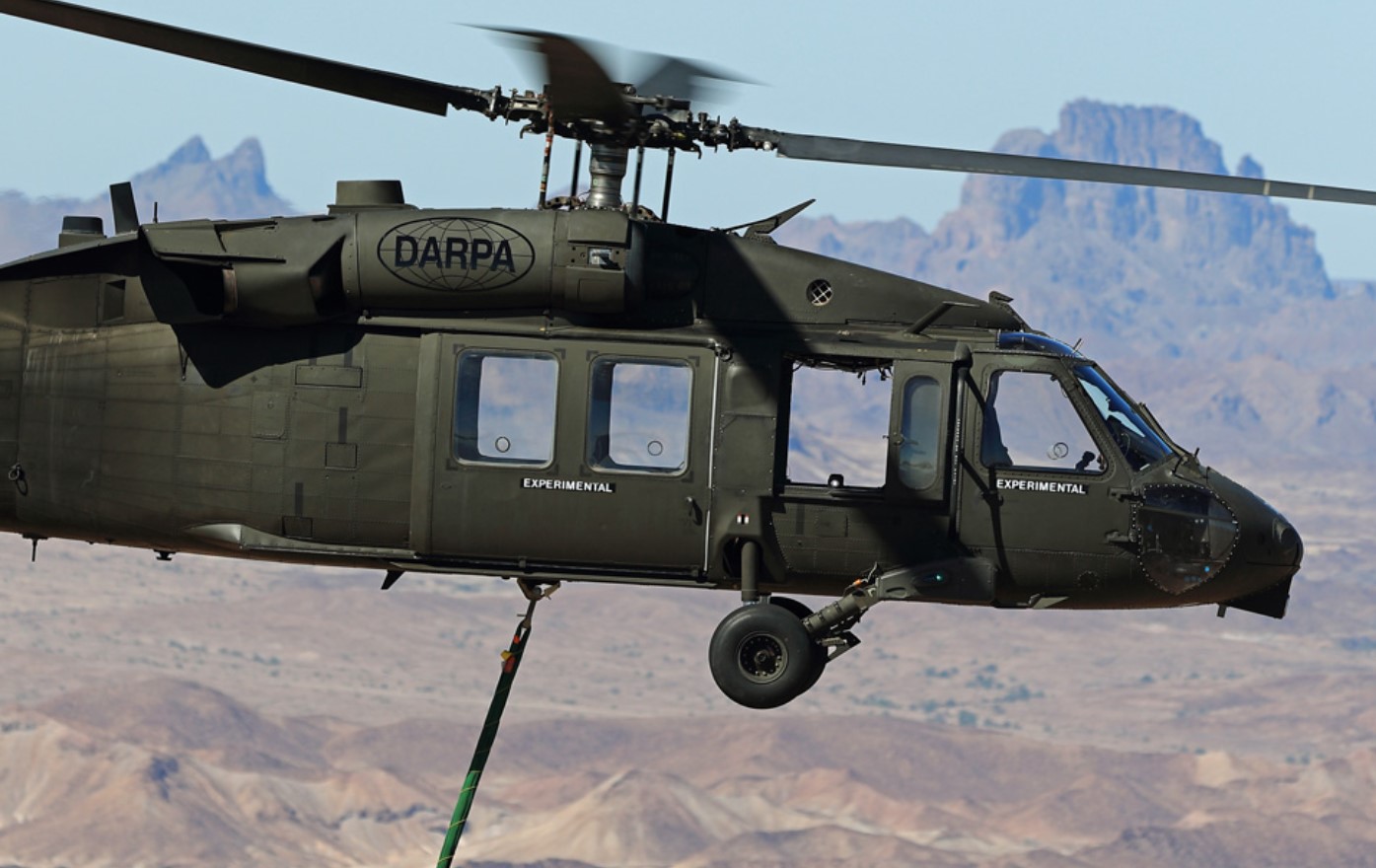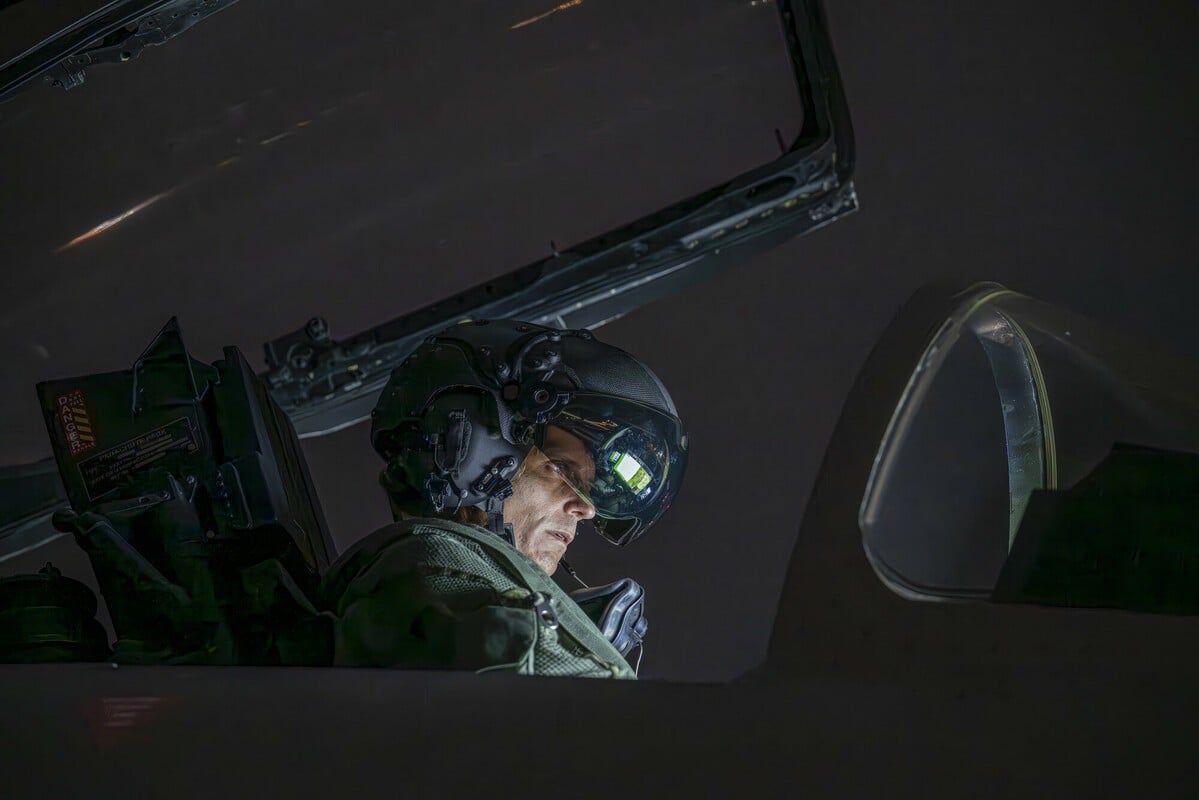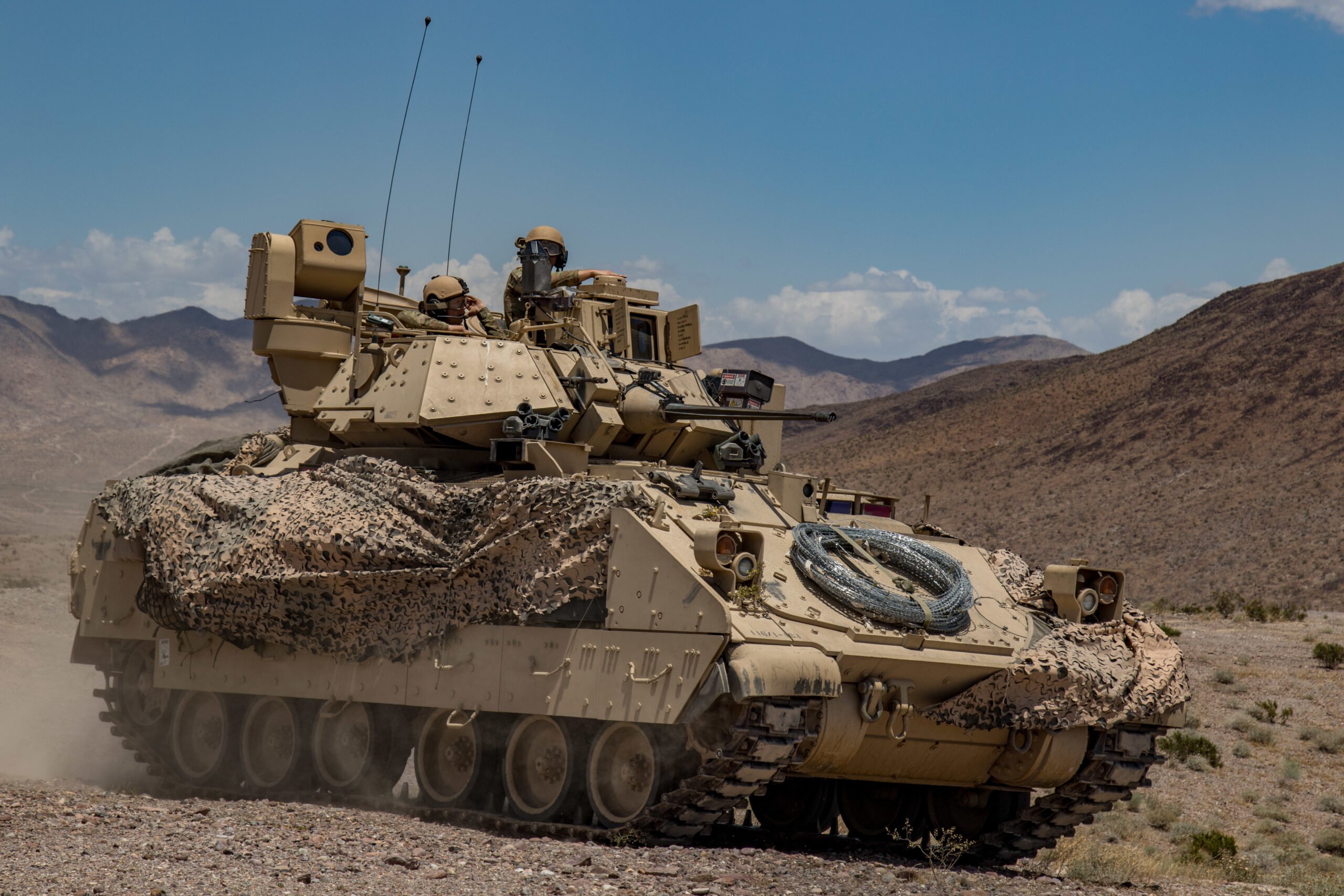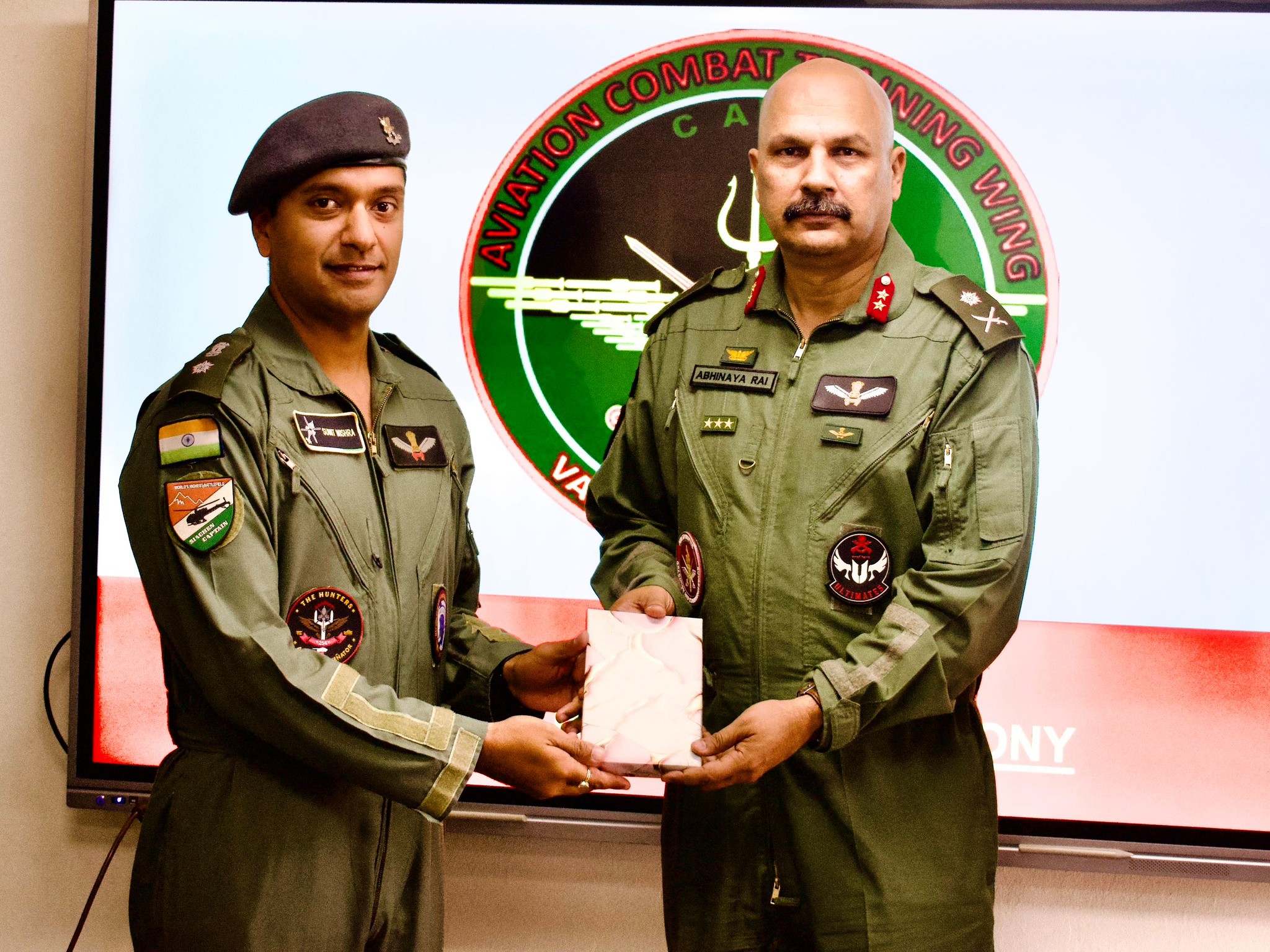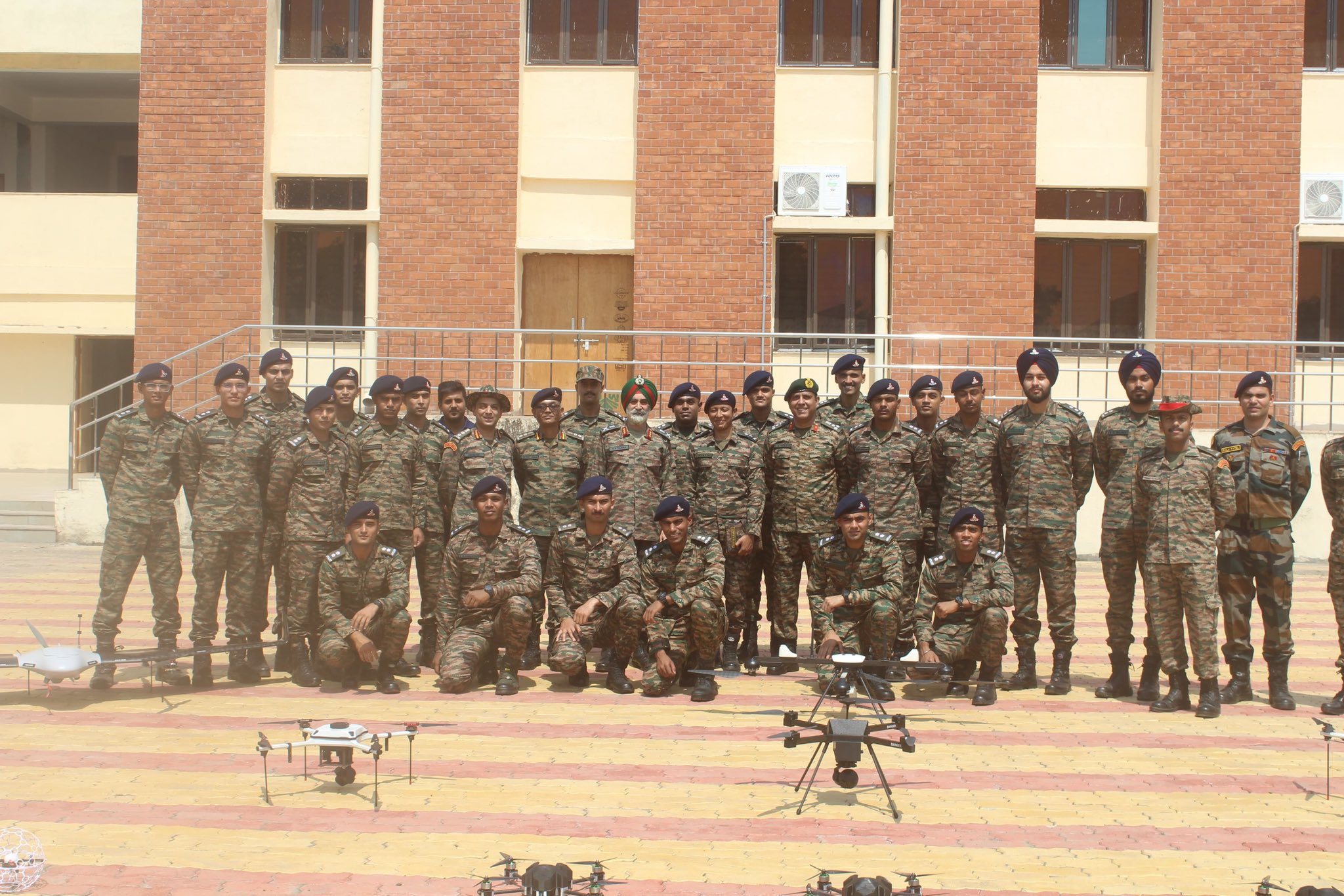PARIS — The newly appointed European Union Defense Commissioner, Andrius Kubilius, has outlined his priorities for the bloc, focusing on military aid for Ukraine and enhancing defense preparedness against potential Russian aggression. Addressing the European Parliament’s security and defense subcommittee, Kubilius emphasized that Russia poses the greatest military threat to the EU, a concern that he anticipates will persist for an extended period.
As the first individual to hold this newly established role, Kubilius is set to develop a defense white paper within his initial 90 days in office. This document aims to identify the necessary measures for the EU to effectively respond to extreme military threats, particularly those posed by Russia to its member states and NATO allies. He cited intelligence assessments suggesting that Russia might conduct some form of military aggression against European nations before the year 2030, underscoring the urgency of addressing the issue.
Kubilius noted that Russia’s war economy is on a robust footing, allowing it to produce military equipment at a pace surpassing that of the German Army’s current stock. He highlighted the EU’s long-term challenges stemming from China’s ascendancy, which could lead to a diminished American military presence in Europe—an aspect that the EU must strategically navigate while considering its dependence on U.S. military capabilities and technology.
The commissioner also identified significant capability gaps within the EU’s defense apparatus, particularly concerning conventional weapons and large-scale defense projects. He called for a paradigm shift in the EU’s approach to defense, moving away from gradual development towards more ambitious initiatives aimed at bolstering production and readiness, especially in the context of their ongoing support for Ukraine.
Kubilius warned that failing to support Ukraine could precipitate more severe military threats earlier than anticipated. He characterized the current narrative war with Russian President Vladimir Putin as detrimental to the perception of Ukraine’s chances of success. To counter this, he argued for clear and financially supported plans to assist Ukraine, thereby signaling the bloc’s long-term commitment.
Furthermore, he stressed the interconnectedness of global authoritarian threats, suggesting that the dynamics in Ukraine have implications beyond Europe, potentially influencing situations in places like South Korea and Taiwan. The commissioner urged democratic nations to present a united front and avoid conflicts, such as EU-U.S. trade disputes, which he noted would only embolden adversaries like Putin.
Looking ahead, Kubilius signaled that NATO’s capability targets for 2044 should be integrated into EU strategy, with a focus on achieving these aims by 2030. He expressed concern over the EU’s limited knowledge of NATO objectives and the necessity for improved dialogue, particularly hindered by geopolitical tensions between Cyprus and Turkey.
To enhance Europe’s defense capabilities, Kubilius proposed developing clearer structures within NATO complemented by a stronger European defense pillar. He noted the importance of pooling demand and funding in defense, as the industry anticipates increased investment. The EU’s upcoming multi-annual financial framework is expected to allocate more resources for defense, albeit not until 2028, prompting a need for interim funding solutions.
He expressed hopes of raising €500 billion for defense over the next decade, emphasizing that a discussion on defense bonds—backed by the EU budget—remains sensitive, especially amid upcoming elections in various member states. Additionally, Kubilius argued that practical military assets, such as artillery and tanks, are crucial for effective deterrence against aggression.
Highlighting the disparity in defense spending among EU nations, he pointed out that eight member states fall short of the NATO benchmark of spending 2% of GDP on defense. Meeting this target could yield an additional €60 billion for military funding across Europe, and hypothetically raising the target to 3% could provide an extra €200 billion.
As the EU contemplates the establishment of a European air shield, Kubilius estimated initial costs to be around €500 billion. He indicated the necessity of integrating various existing defense initiatives led by Germany, France, Italy, Poland, and Greece into a cohesive strategy.
In conclusion, Kubilius called for a realistic appraisal of what the EU can achieve while acknowledging the deficiencies in air defense highlighted by the ongoing situation in Ukraine. The pursuit of a robust and unified defense strategy is critical, as the commissioner navigates the complex landscape of European security amid heightened tensions.

